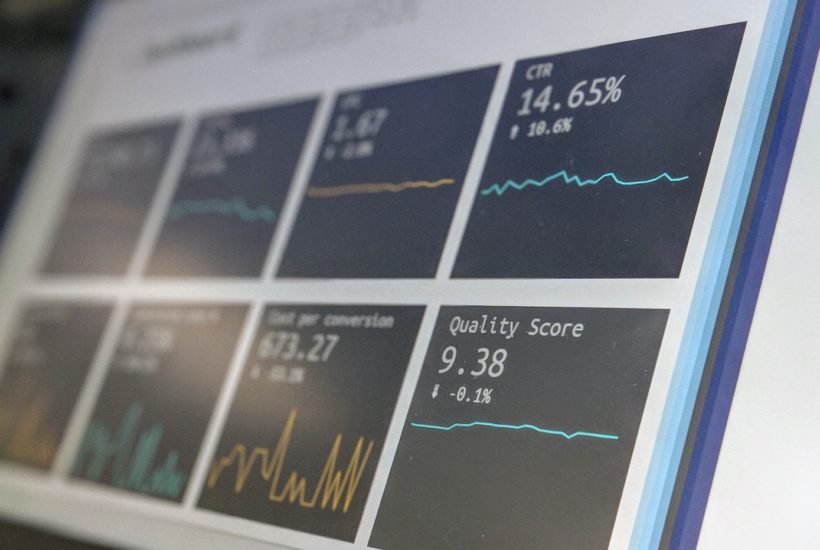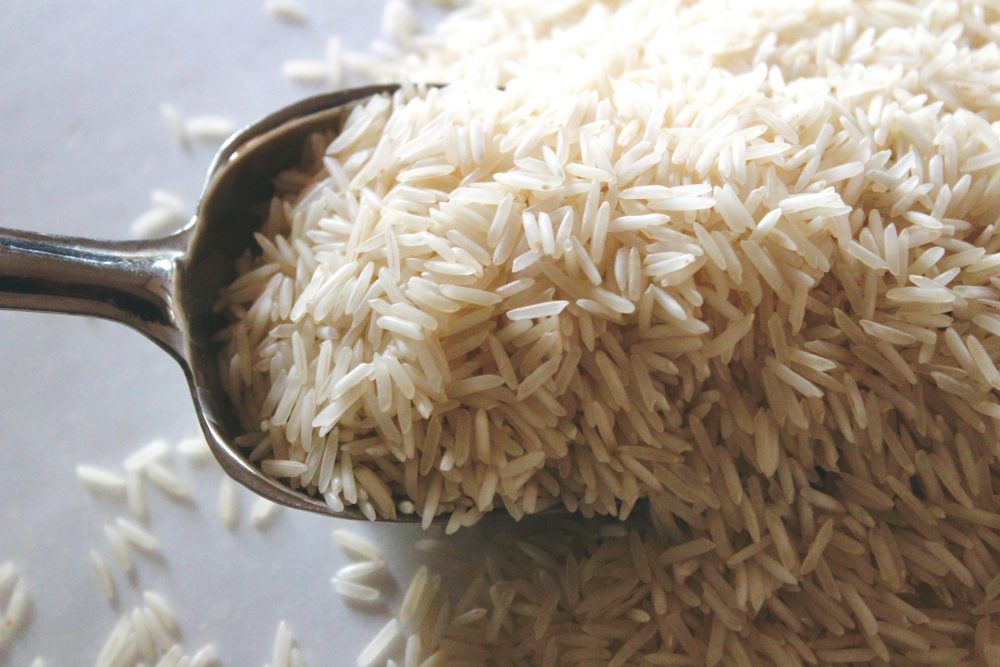Business
B3’s profit rises 25% and CCR reverses losses
The corporate news was quite hectic with the results season in particular, with the fourth quarter numbers for B3, Hering, CCR and more. The Pão de Açúcar Group announced an agreement to sell real estate. B3, the operator of the Brazilian Stock Exchange, showed a net profit of $159 million, the CCR group recorded a profit of $85 million, and the Cia Hering presented a net income of $13.7 million.

The operator of the Brazilian Stock Exchange B3 closed the fourth quarter of 2019 with a net profit of $159 million (R$732.9 million), which represents an increase of 25.7% compared to the same period last year. The accumulated profit was $588.8 million (R$2.71 billion), 29.9% higher than in 2018. The company’s recurring net income rose from 20.9% to $188 million (R$864.5 million) in the last three months of last year, while in 2019 it closed at $3.23 billion.
B3’s recurring EBITDA (earnings before interest, taxes, depreciation, and amortization) totaled $256 million (R$1.17 billion) in the fourth quarter, up 29.1% over the figure seen a year earlier. In 2019, the operator saw its Ebitda increase by 24.4%, to $924 million (R$4.25 billion).
The company’s recurring Ebitda margin (percentage ratio between operating generation and net revenue) was 74.7%, compared to 69.6% in the fourth quarter of 2018. The net revenue, in turn, was $342 million (R$1.57 billion) between October and December of last year. The value is 20.2% higher than the result registered in the same period last year ($285 million (R$1.31 billion)). While B3’s revenues rose, expenses were stable at $143 million (R$656.6 million) in the fourth quarter. Over the whole year, however, expenses increased by 10% to $581 million (R$2.67 billion).
Find out the most important financial news from around the world, with the Born2Invest mobile app, plus the latest updates that may affect your money, savings, and investment.
The CCR Group with a profit of $85 million
The CCR Group, which owns infrastructure concessions, recorded a profit of $85 million (R$392.6 million) in the fourth quarter of 2019, reversing the loss of $67 million (R$307.1 million) registered one year earlier. Adjusted earnings before interest, taxes, depreciation, and amortization (Ebitda) jumped 180.4% in the last quarter of 2019, to $325 million (R$1.5 billion), in the annual comparison.
Net revenues increased by 18.4% between October and December 2019 compared to the same period of the previous year, to $574 million (R$2.64 billion). The data is adjusted by the IFRS criterion and considers only the assets controlled by the group.
The company also disclosed the “same basis” data, which excludes new business, changes in holdings and non-recurring effects. Following these criteria, in the fourth quarter of 2019, compared to the fourth quarter of 2018, there was a 3% decrease in net income to $108 million (R$499.2 million). Ebitda rose 19.6% to $1.63 billion. Net income increased by 14.4%, to $554 million (R$2.55 billion).
According to Marcus Macedo, CCR’s Investor Relations Manager, the fall in profit on the same basis can be explained by the approaching end of some concessions. “The asset depreciation curve is higher, despite the good operating result,” said the executive.
Considering the year 2019, the impact was even greater: a 15.2% drop in net income on the same basis in relation to 2018, to $1.38 billion. Among the concession contracts close to the end are CCR NovaDutra (contract closes in February 2021) and CCR RodoNorte (November 2021).
Still, within the same baseline, the 2019 Ebitda rose 12.7% to $1.2 million (R$5.51 billion). In the same period, net revenues advanced 8.8%, to $1.8 million (R$8.65 billion). Within the IFRS criteria, from 2018 to 2019, there was an 83.8% increase in net income to $312 million (R$1.43 billion). Adjusted EBITDA advanced 42.2% to $1.3 billion (R$5.79 billion). Net revenue increased by 16.7%, to $2.1 billion (R$9.49 billion).
The company’s net debt rose 1.5%, from $2.9 billion (R$13.7 billion) in the fourth quarter of 2018 to $3 billion (R$13.9 billion) in the last quarter of 2019. The net debt/Ebitda ratio went from 2.8 times to 2.4 times in the interval. “With reasonably low indebtedness, CCR seeks new business this year, whether through auctions or acquisitions,” said Macedo.
Last month, CCR won the dispute for the BR-101/SC concession, a stretch that links to the South Integration Highway (RIS), auctioned by the company last year, which is now managed by CCR ViaSul.
Cia Hering had a net income of $13.7 million
Retailer Cia Hering closed the fourth quarter with a net income of $13.7 million (R$63.2 million), down 34% from the same period in 2018. The result was pressured by the weakness in the company’s sales in the country. In the year to date, the company made a profit of $46 million (R$214.7 million), a 10.3% decrease from the $52 million (R$239.5 million) recorded in 2018.
Meanwhile, the cash generation measured by Ebitda fell 6.9% to $18 million (R$82.7 million), while the gross margin fell to 43.4% in the last three quarters of 2019, against 44.3% in the same period of 2018. Last year, the company’s net revenue rose from $334 million to $336 million (R$1.54 billion to R$1.55 billion). Last year, sales in the domestic market increased by 1%, to $369 million (R$1.7 billion), while sales in the foreign market fell 15.1%, to $9.1 million (R$42.1 million).
The Pão de Açúcar Group
The Pão de Açúcar Group announced an agreement with funds managed by TRX to sell 43 properties where it operates stores of various market flags for about $271 million (R$1.25 billion), with arrangements to rent them for 15 years.
The contracts may be renewed for 15 years and the rent will be equivalent to $5.21 (R$24) per square meter per month, the retail chain said. The properties sold include 2 Extra Hiper stores, 6 Mercado Extra stores, 22 Pão de Açúcar stores and 13 Assaí stores, and occupy an area of 541,675 square meters and have 295,266 square meters built.
__
(Featured image by Stephen Dawson via Unsplash)
DISCLAIMER: This article was written by a third party contributor and does not reflect the opinion of Born2Invest, its management, staff or its associates. Please review our disclaimer for more information.
This article may include forward-looking statements. These forward-looking statements generally are identified by the words “believe,” “project,” “estimate,” “become,” “plan,” “will,” and similar expressions. These forward-looking statements involve known and unknown risks as well as uncertainties, including those discussed in the following cautionary statements and elsewhere in this article and on this site. Although the Company may believe that its expectations are based on reasonable assumptions, the actual results that the Company may achieve may differ materially from any forward-looking statements, which reflect the opinions of the management of the Company only as of the date hereof. Additionally, please make sure to read these important disclosures.
First published in InfoMoney, a third-party contributor translated and adapted the article from the original. In case of discrepancy, the original will prevail.
Although we made reasonable efforts to provide accurate translations, some parts may be incorrect. Born2Invest assumes no responsibility for errors, omissions or ambiguities in the translations provided on this website. Any person or entity relying on translated content does so at their own risk. Born2Invest is not responsible for losses caused by such reliance on the accuracy or reliability of translated information. If you wish to report an error or inaccuracy in the translation, we encourage you to contact us.

-

 Impact Investing1 week ago
Impact Investing1 week agoVernazza Autogru Secures €5M Green Loan to Drive Sustainable Innovation in Heavy Transport
-

 Markets4 days ago
Markets4 days agoRice Market Slips Amid USDA Revisions and Quality Concerns
-

 Business2 weeks ago
Business2 weeks agoLegal Process for Dividing Real Estate Inheritance
-

 Fintech12 hours ago
Fintech12 hours agoJPMorgan’s Data Fees Shake Fintech: PayPal Takes a Hit












